Home / technology / OpenAI not to release AI model codenamed Orion thi
OpenAI not to release AI model codenamed Orion thi
By: My India Times
4 minutes read 349Updated At: 2024-10-29
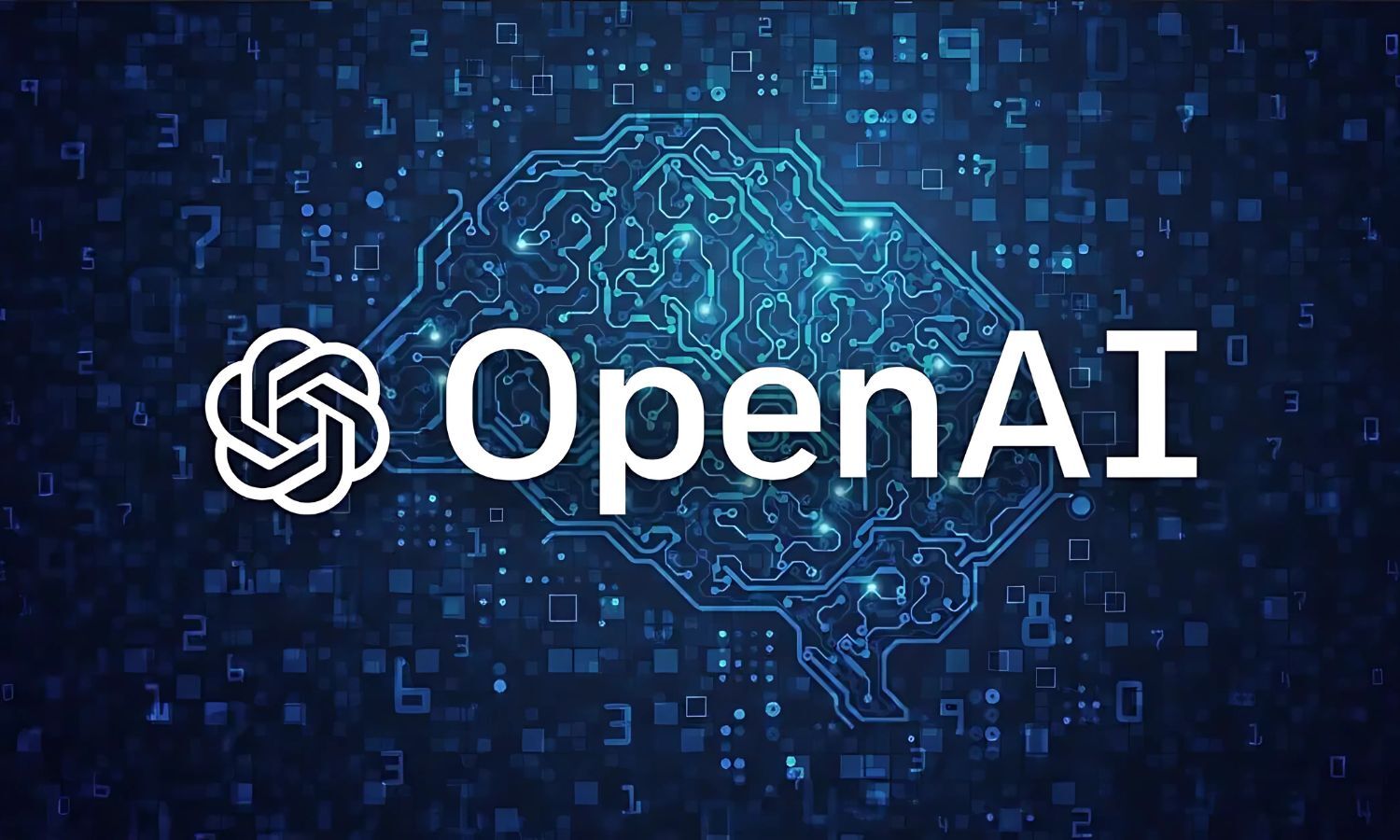
1. Introduction to OpenAI and Orion
- OpenAI’s Role in AI: OpenAI is a leading player in artificial intelligence, known for its large language models (LLMs) like GPT-3 and GPT-4, which have set high standards in natural language processing and machine learning.
- Project Orion: The Orion model was intended to build on GPT-4’s framework, pushing forward in capabilities such as multi-modal processing, task automation, and improved natural language understanding.
2. Purpose and Ambition of Orion
- Goal of Enhanced Precision: Orion’s primary aim was to tackle persistent issues in AI, such as hallucinations or inaccuracies, by implementing more advanced contextual understanding.
- Broader Applications: Designed with applications ranging from customer service to high-stakes fields like medicine and finance, Orion was intended to be a general-purpose AI that could assist with complex queries and nuanced information.
3. Key Features of Orion
- Multi-Tasking Abilities: Orion was set to include advanced multi-tasking, allowing the AI to understand and process layered tasks or simultaneous user inputs without losing contextual accuracy.
- Ethical Safeguards and Privacy Improvements: OpenAI also integrated stricter ethical guidelines, improving user privacy and making it suitable for sensitive data handling across various industries.
- Reduced AI Hallucinations: A major advancement over GPT-4, Orion was focused on minimizing the chances of AI providing incorrect or fabricated information, enhancing reliability for tasks where factual accuracy is essential.
4. Reasons Behind the Delay
- Performance Issues: As Orion’s trial phases progressed, OpenAI identified key performance challenges, notably with ensuring reliable outputs in nuanced scenarios.
- Technical Complexity: Orion's design incorporates numerous technical improvements, particularly in AI safety and user autonomy, making it more complex than any of its predecessors.
- Commitment to Quality: OpenAI’s CEO, Sam Altman, emphasized a commitment to quality over speed, noting that meeting the high standards for reliability and accuracy is essential before a broad release​.
5. Impact of the Delay
- Industry Expectations: Tech communities and businesses were eagerly anticipating Orion, especially as Google, Meta, and other companies are moving quickly with their own advanced AI models.
- Market Dynamics: Google’s Project Gemini, for example, seeks to establish an advanced browser assistant, while Meta has launched the LLaMA model, both posing competition to Orion.
- Business Implications: Companies across industries relying on advanced AI solutions are keeping an eye on OpenAI’s developments, as the delay affects timelines for projects dependent on Orion’s capabilities.
6. Competitive Landscape and Rivals
- Google’s Project Gemini: Google has accelerated work on its Project Gemini, which integrates AI-driven research and automation capabilities aimed at handling multi-source information gathering.
- Microsoft’s Influence: As OpenAI’s primary financial backer, Microsoft also has a vested interest in Orion’s capabilities and may support its development through additional resources or by influencing project timelines.
- Meta’s Open-Source Push: With LLaMA, Meta is democratizing access to AI research, giving competitors and researchers tools that may shape the future of AI, potentially outpacing OpenAI in open-source accessibility.
7. Future of Orion and OpenAI’s Strategic Approach
- OpenAI’s Broader Vision: Despite the delay, OpenAI’s long-term plan is to continue evolving AI models that adhere to high ethical standards and solve complex real-world problems, leading to safer AI adoption.
- Focus on Robust AI Development: This delay shows that OpenAI is willing to take the time needed to refine its model, ensuring Orion's functionality aligns with societal needs for trustworthy AI.
- Anticipated Release and Potential Updates: OpenAI has not set a new date for Orion’s release, indicating that they are prioritizing developmental improvements and reliability rather than rushing to market.
8. Conclusion: Implications for AI Industry
- Shaping the Future of AI Reliability: Orion’s anticipated release underscores the increasing focus on precision and ethical considerations in AI, which are becoming as important as technological innovation.
- Investment and Market Sentiment: Investors and AI enthusiasts are closely monitoring OpenAI, Google, Meta, and other tech giants as the market competition accelerates, and Orion’s eventual launch is expected to significantly impact AI-driven businesses and technologies.
- Public and Professional Response: While the delay may be disappointing to some, OpenAI’s decision to withhold Orion until it meets high standards can strengthen trust in AI’s role across diverse fields.
1. Introduction to OpenAI and Orion
- OpenAI’s Role in AI: OpenAI is a leading player in artificial intelligence, known for its large language models (LLMs) like GPT-3 and GPT-4, which have set high standards in natural language processing and machine learning.
- Project Orion: The Orion model was intended to build on GPT-4’s framework, pushing forward in capabilities such as multi-modal processing, task automation, and improved natural language understanding.
2. Purpose and Ambition of Orion
- Goal of Enhanced Precision: Orion’s primary aim was to tackle persistent issues in AI, such as hallucinations or inaccuracies, by implementing more advanced contextual understanding.
- Broader Applications: Designed with applications ranging from customer service to high-stakes fields like medicine and finance, Orion was intended to be a general-purpose AI that could assist with complex queries and nuanced information.
3. Key Features of Orion
- Multi-Tasking Abilities: Orion was set to include advanced multi-tasking, allowing the AI to understand and process layered tasks or simultaneous user inputs without losing contextual accuracy.
- Ethical Safeguards and Privacy Improvements: OpenAI also integrated stricter ethical guidelines, improving user privacy and making it suitable for sensitive data handling across various industries.
- Reduced AI Hallucinations: A major advancement over GPT-4, Orion was focused on minimizing the chances of AI providing incorrect or fabricated information, enhancing reliability for tasks where factual accuracy is essential.
4. Reasons Behind the Delay
- Performance Issues: As Orion’s trial phases progressed, OpenAI identified key performance challenges, notably with ensuring reliable outputs in nuanced scenarios.
- Technical Complexity: Orion's design incorporates numerous technical improvements, particularly in AI safety and user autonomy, making it more complex than any of its predecessors.
- Commitment to Quality: OpenAI’s CEO, Sam Altman, emphasized a commitment to quality over speed, noting that meeting the high standards for reliability and accuracy is essential before a broad release​.
5. Impact of the Delay
- Industry Expectations: Tech communities and businesses were eagerly anticipating Orion, especially as Google, Meta, and other companies are moving quickly with their own advanced AI models.
- Market Dynamics: Google’s Project Gemini, for example, seeks to establish an advanced browser assistant, while Meta has launched the LLaMA model, both posing competition to Orion.
- Business Implications: Companies across industries relying on advanced AI solutions are keeping an eye on OpenAI’s developments, as the delay affects timelines for projects dependent on Orion’s capabilities.
6. Competitive Landscape and Rivals
- Google’s Project Gemini: Google has accelerated work on its Project Gemini, which integrates AI-driven research and automation capabilities aimed at handling multi-source information gathering.
- Microsoft’s Influence: As OpenAI’s primary financial backer, Microsoft also has a vested interest in Orion’s capabilities and may support its development through additional resources or by influencing project timelines.
- Meta’s Open-Source Push: With LLaMA, Meta is democratizing access to AI research, giving competitors and researchers tools that may shape the future of AI, potentially outpacing OpenAI in open-source accessibility.
7. Future of Orion and OpenAI’s Strategic Approach
- OpenAI’s Broader Vision: Despite the delay, OpenAI’s long-term plan is to continue evolving AI models that adhere to high ethical standards and solve complex real-world problems, leading to safer AI adoption.
- Focus on Robust AI Development: This delay shows that OpenAI is willing to take the time needed to refine its model, ensuring Orion's functionality aligns with societal needs for trustworthy AI.
- Anticipated Release and Potential Updates: OpenAI has not set a new date for Orion’s release, indicating that they are prioritizing developmental improvements and reliability rather than rushing to market.
8. Conclusion: Implications for AI Industry
- Shaping the Future of AI Reliability: Orion’s anticipated release underscores the increasing focus on precision and ethical considerations in AI, which are becoming as important as technological innovation.
- Investment and Market Sentiment: Investors and AI enthusiasts are closely monitoring OpenAI, Google, Meta, and other tech giants as the market competition accelerates, and Orion’s eventual launch is expected to significantly impact AI-driven businesses and technologies.
- Public and Professional Response: While the delay may be disappointing to some, OpenAI’s decision to withhold Orion until it meets high standards can strengthen trust in AI’s role across diverse fields.
By: My India Times
Updated At: 2024-10-29
Tags: technology News | My India Times News | Trending News | Travel News
Join our WhatsApp Channel
×

























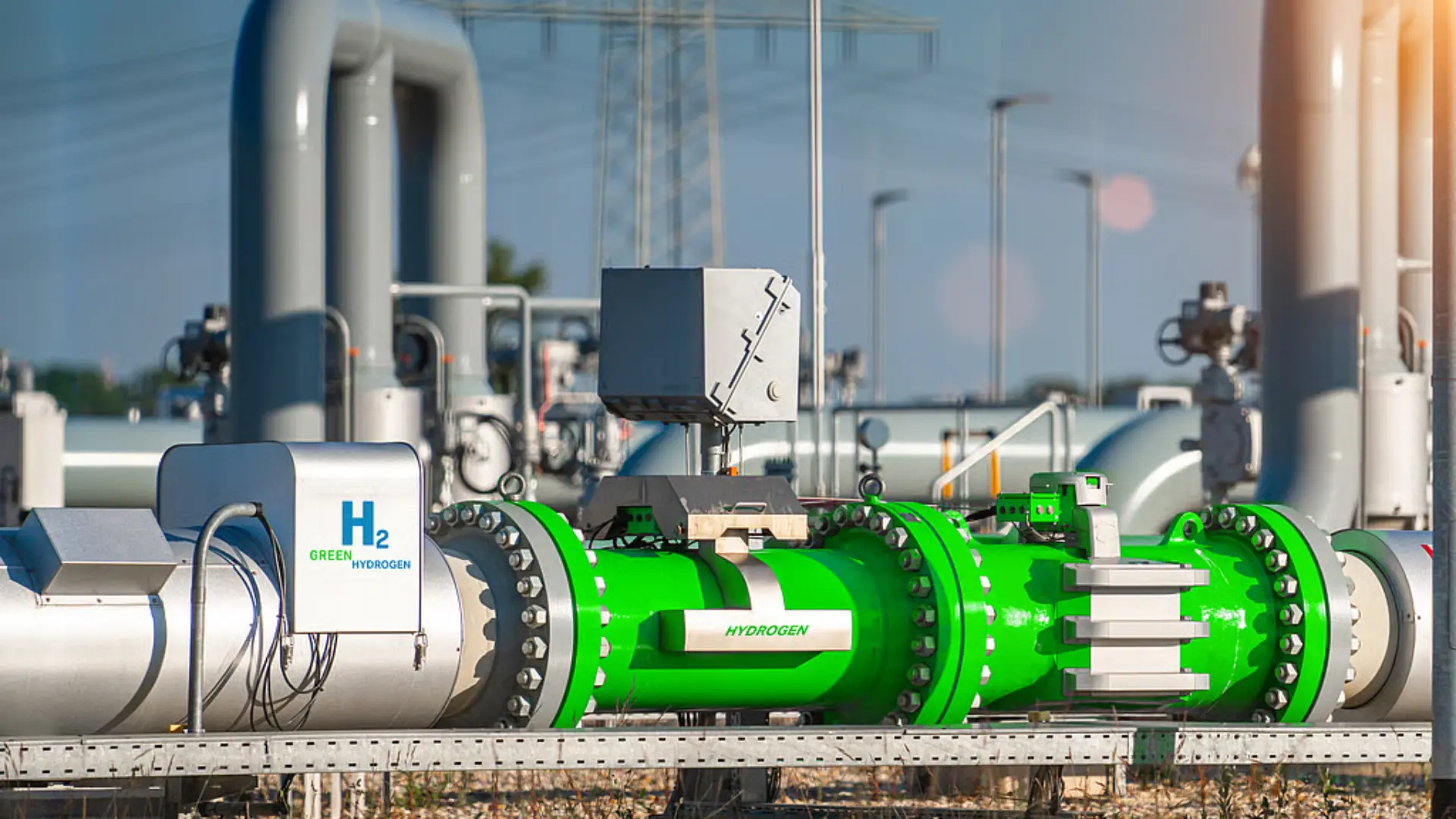
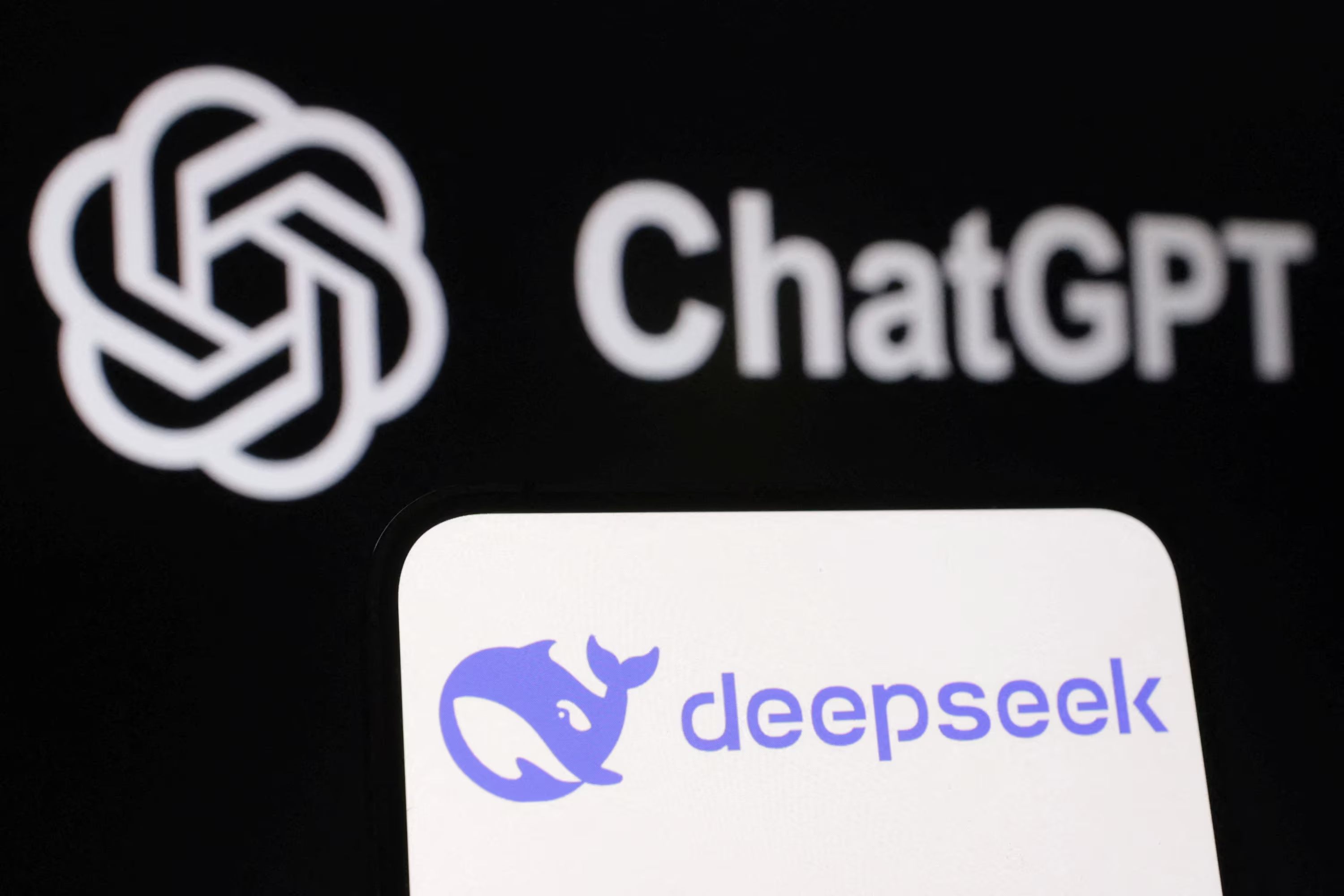





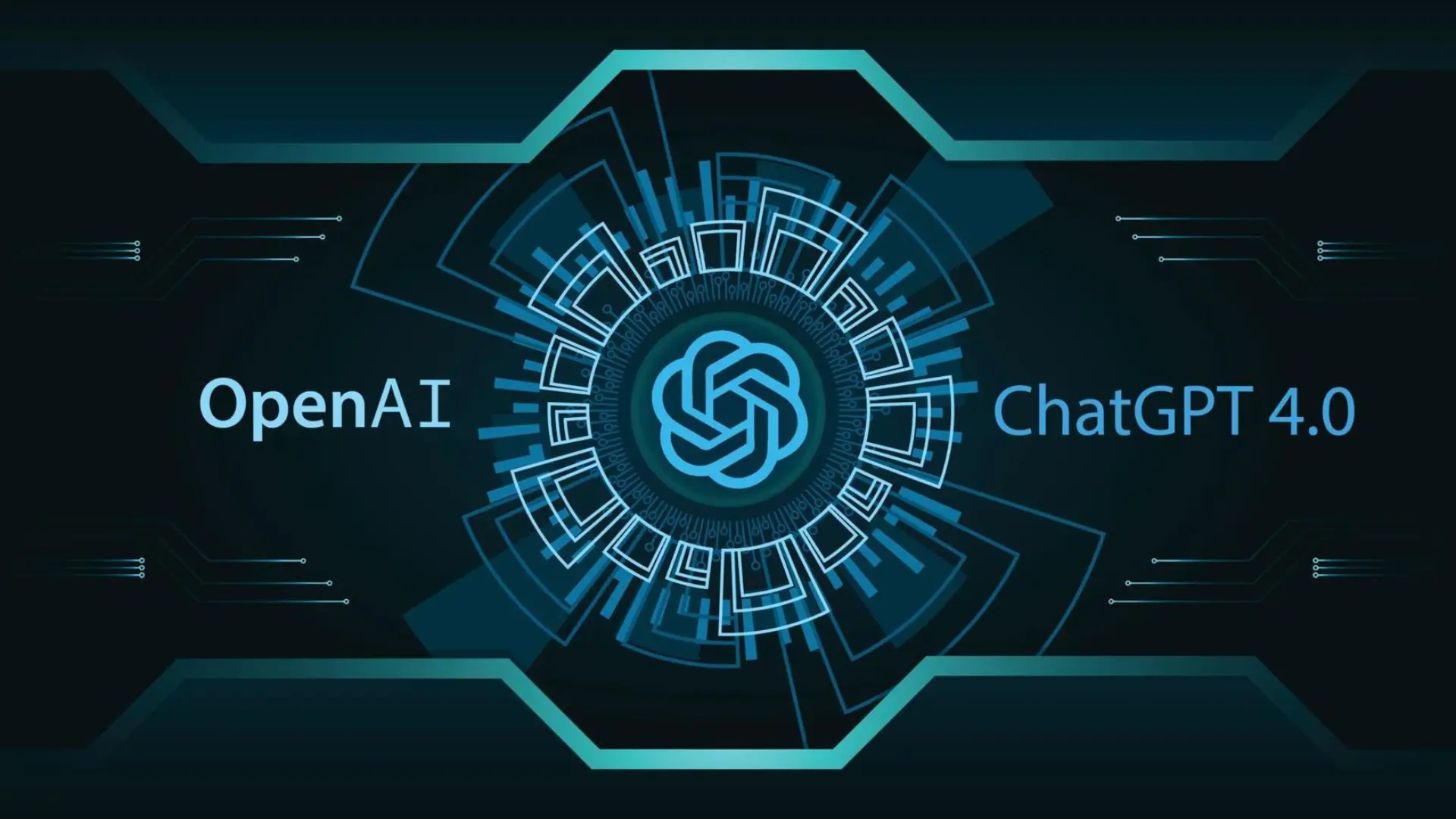

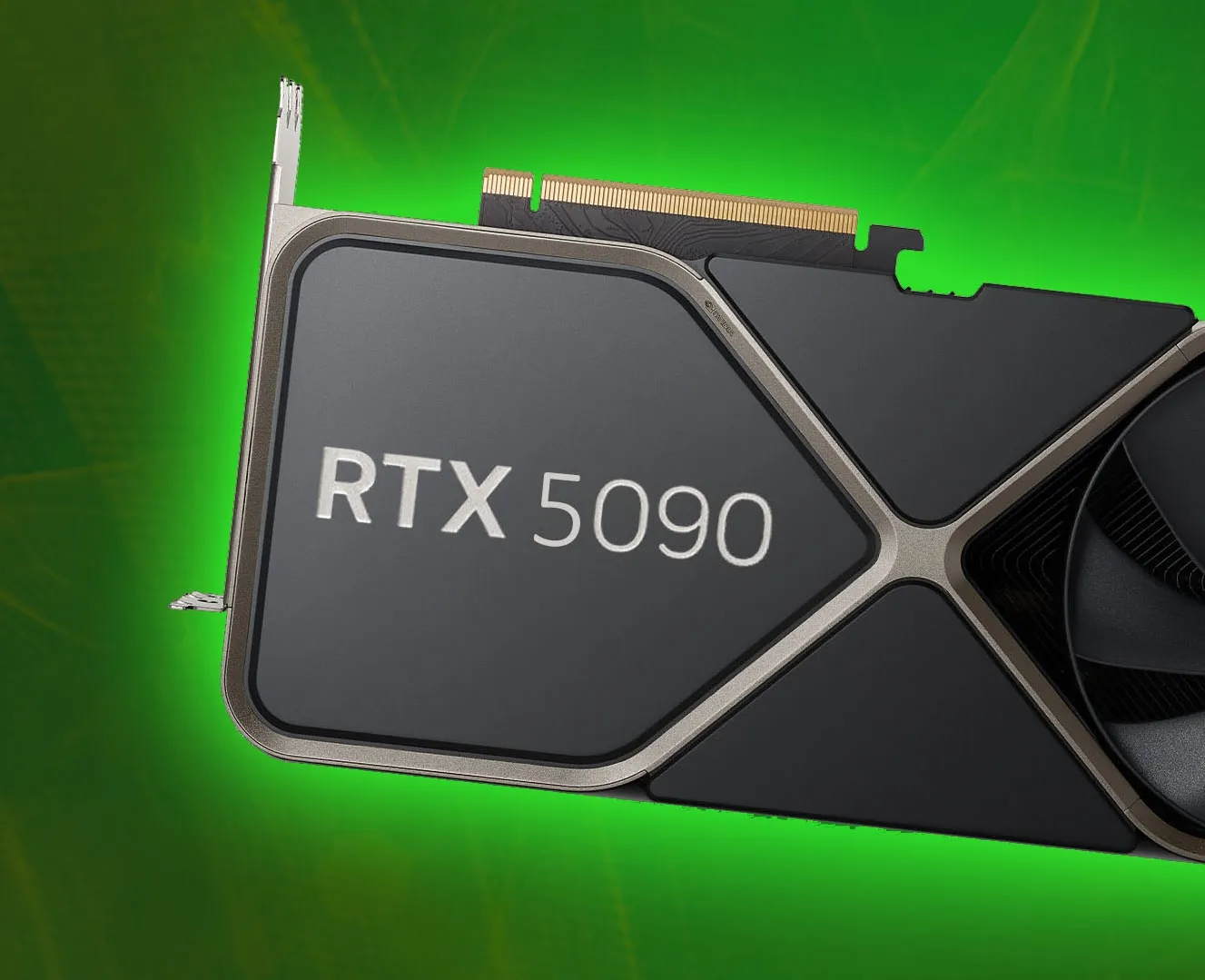











.jpg)







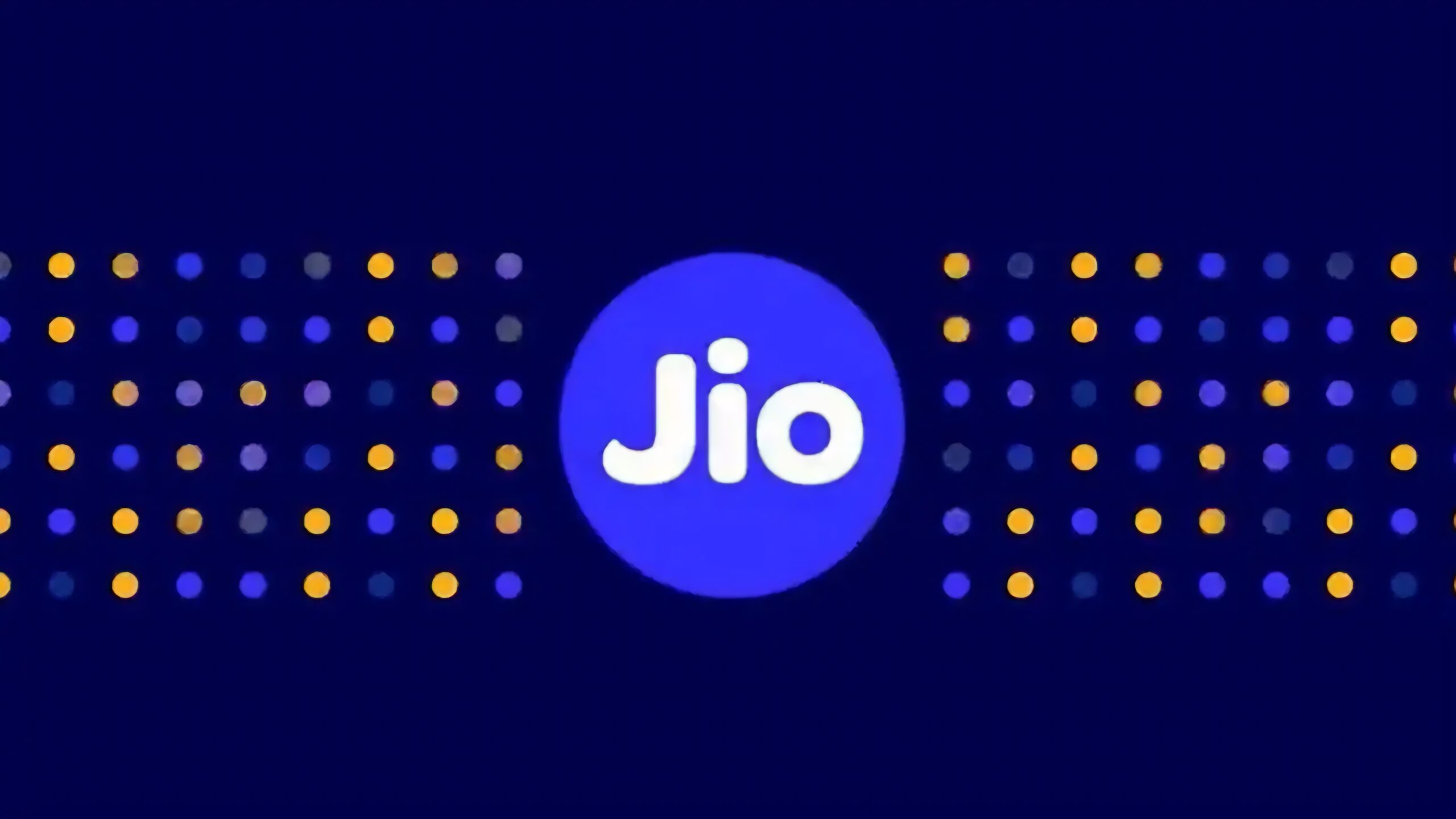










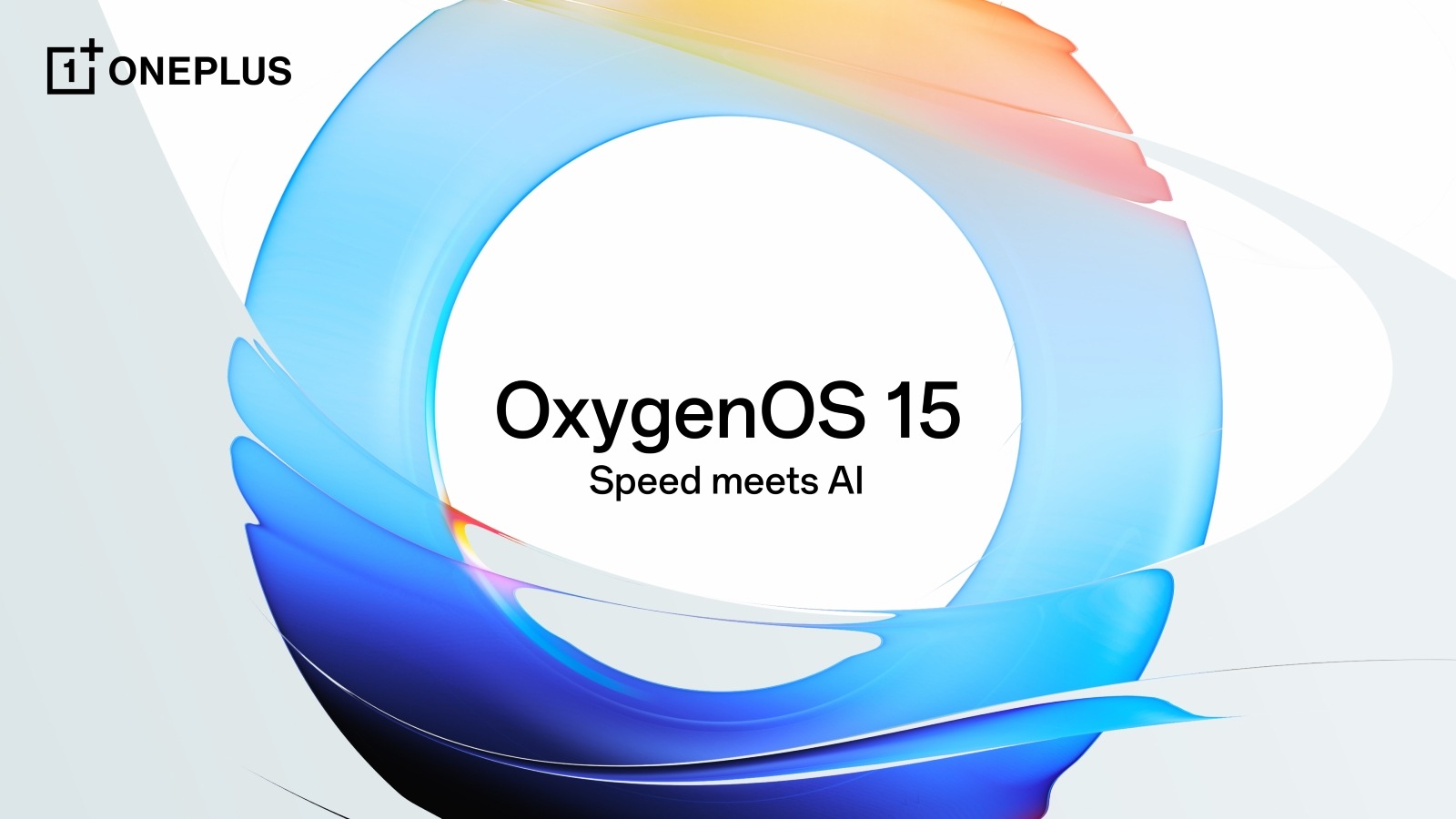
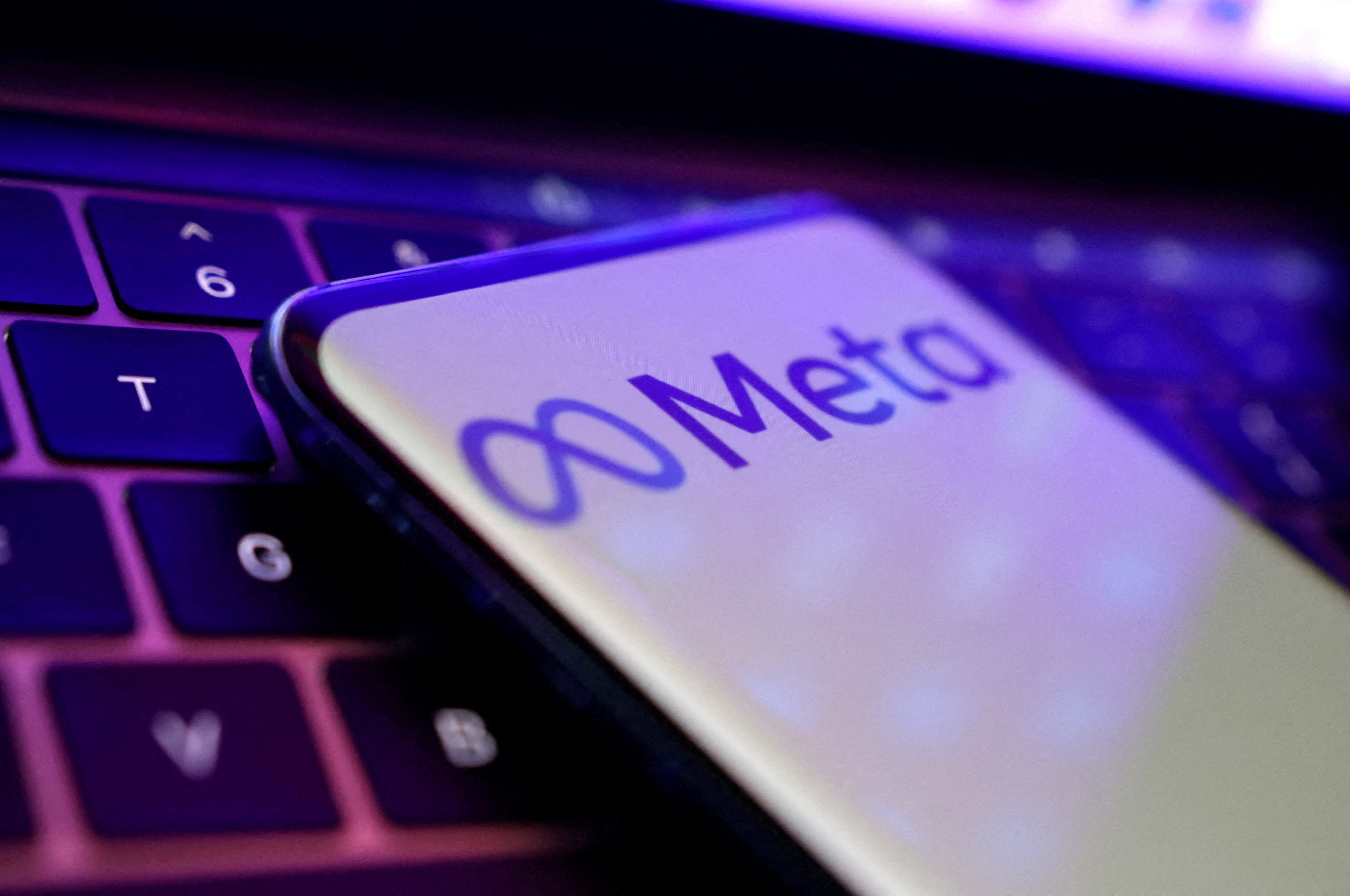



























































































.png)
 (1).png)





















